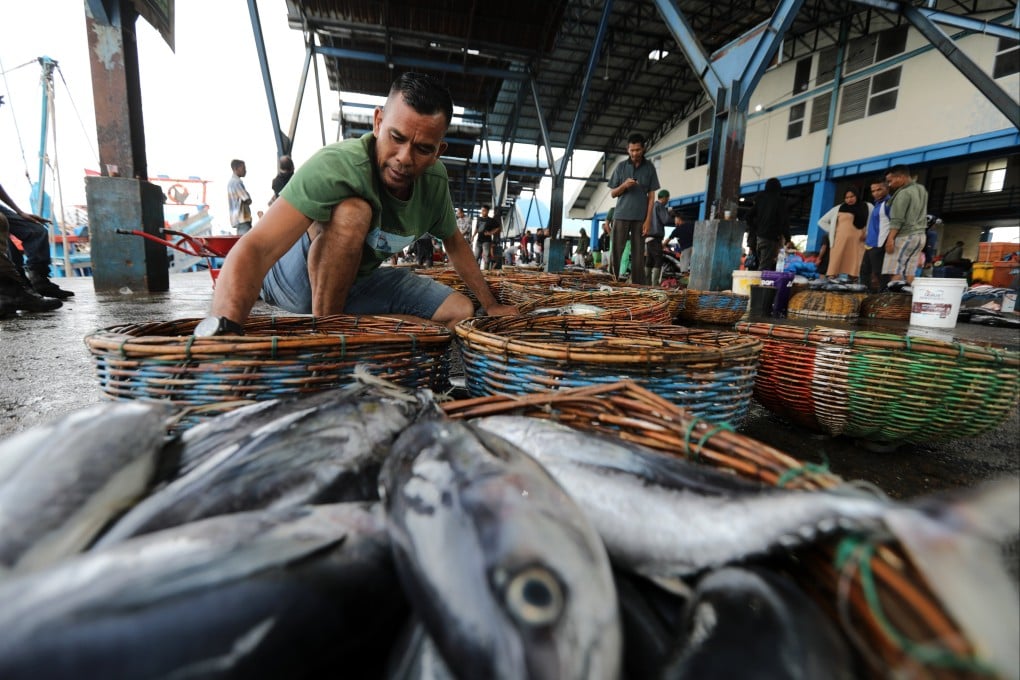Inside Out | Calls for sustainable fishing must include Asia to be truly effective
- Environmentalists want an overhaul of world aquaculture, but not enough focus is on countries that can make the biggest difference

The FAO’s 2024 State of World Fisheries and Aquaculture Report revealed that of the 185.4 million tonnes of aquatic animal production worldwide in 2022, 94 million tonnes was from aquaculture and 91 million tonnes was accounted for by wild catch.
The report reminded us of a rarely recognised reality: as the world population has surged and per capita fish consumption has risen – doubling from 9.1kg per capita in 1961 to 20.7kg in 2022 – it is only because of the astonishing emergence of aquaculture that we have managed to keep pace with demand.
And, as the FAO report predicted, our reliance on aquaculture will continue to grow, with a 10 per cent rise in aquatic consumption by 2032 to around 205 million tonnes. If we are to meet global demand in 2050, when the world population is expected to reach 9.7 billion, production must rise 22 per cent.
This hectic growth makes fisheries one of the most important contributors to the global economy. It accounts for more than 60 million jobs worldwide, with an output value amounting to more than US $470 billion and global trade valued at about US$195 billion.

